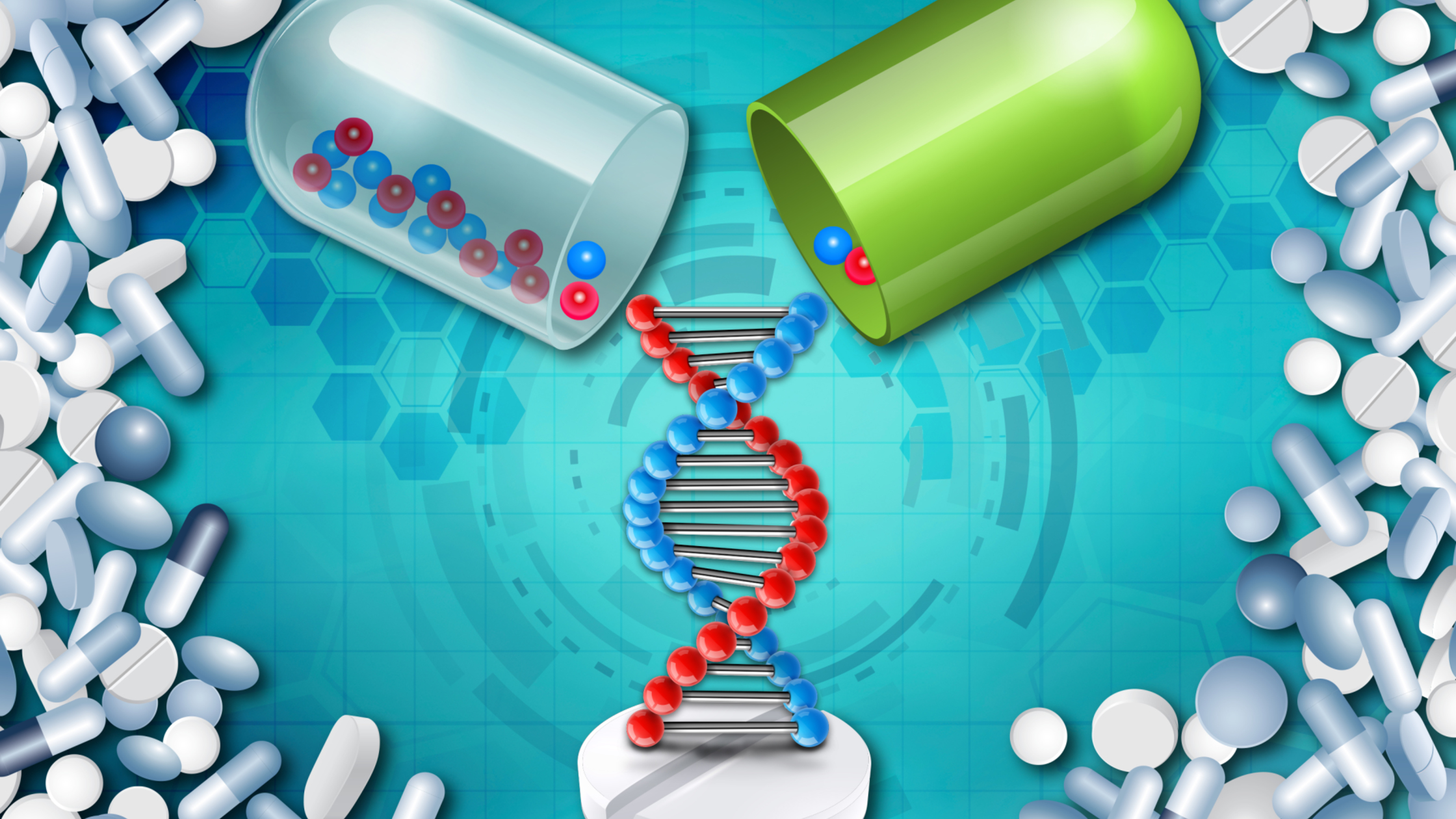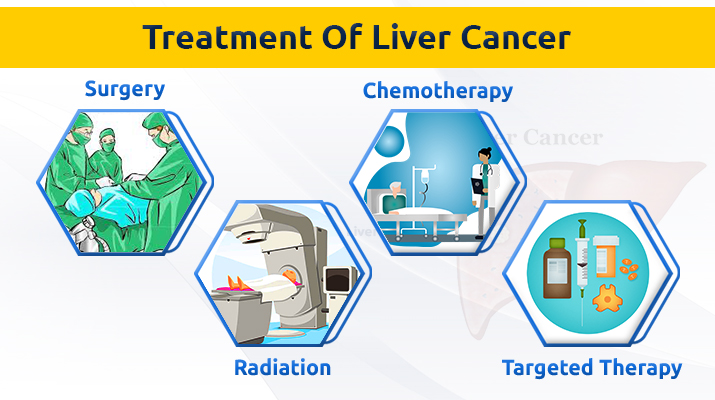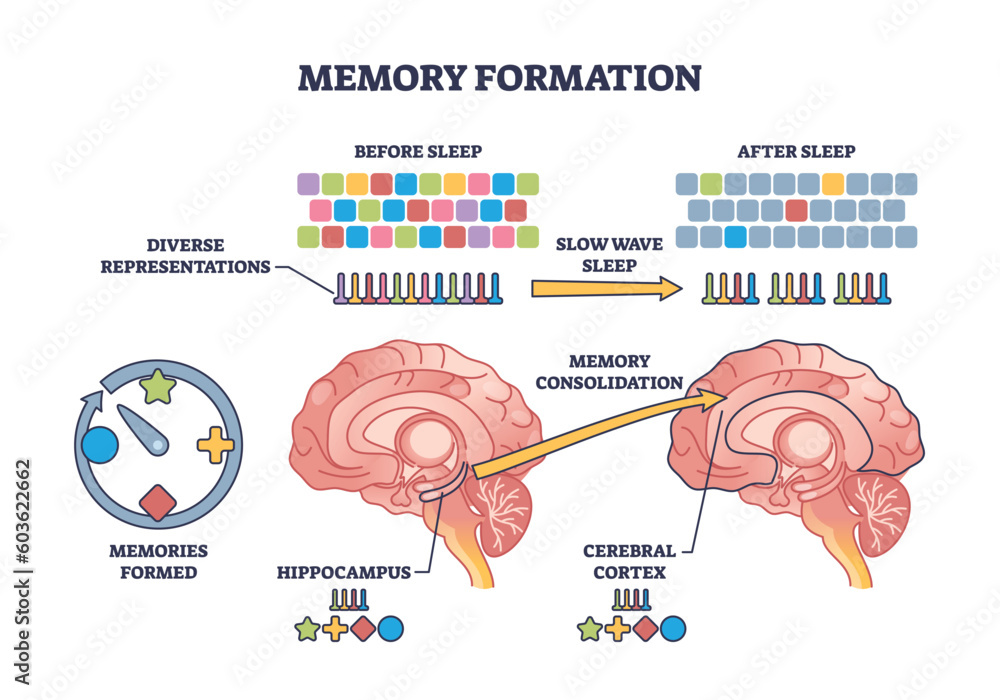Treatable genetic disorders present a promising frontier in prenatal care, offering hope to families expecting a child. A recent study has identified nearly 300 genetic conditions that can be treated either before birth or shortly after, significantly enhancing the landscape of early intervention. Through advancements in genomic sequencing and fetal therapies, health professionals can now diagnose and potentially resolve numerous genetic disorders long before symptoms manifest. This proactive approach not only diminishes the risk of morbidity but also equips parents with the knowledge to make informed choices about their baby’s health. As researchers and clinicians collaborate to define actionable conditions, the importance of timely detection in transforming outcomes for families has never been clearer.
In the realm of prenatal health, the emergence of manageable congenital conditions stands as a beacon of hope. Genetic anomalies that can be effectively addressed during pregnancy or right after birth highlight the crucial role of early medical intervention. This paradigm shift in understanding treatable genetic abnormalities allows for preventative care strategies that can significantly influence long-term health outcomes. With the integration of genomic diagnostics and innovative fetal treatment options, families are empowered to navigate the complexities of genetic health with greater assurance. The ongoing research into these actionable genetic conditions represents not just an advancement in science, but a comprehensive approach to maternal and fetal wellness.
The Importance of Timely Detection of Genetic Disorders
Timely detection of genetic disorders during pregnancy is rapidly transforming prenatal care. As the research highlights, nearly 300 genetic disorders can now be identified and treated either in utero or within the first week after birth. This advancement is significant because early intervention can dramatically reduce morbidity and mortality rates associated with these conditions. Utilizing technologies such as genomic sequencing, healthcare professionals can pinpoint genetic aberrations that may lead to serious health issues, enabling expectant families to prepare and seek appropriate therapies right from the outset.
The potential for timely detection extends beyond mere diagnosis; it presents families with a lifeline of treatment options that can alter the trajectory of health outcomes for their newborns. The proactive identification of treatable genetic disorders empowers parents and healthcare providers to make informed decisions about prenatal care strategies. By addressing these conditions early, healthcare systems not only enhance the quality of life for affected children but also alleviate the emotional burden on families that often accompanies unexpected diagnoses later in life.
Treatable Genetic Disorders: A New Frontier in Prenatal Care
The concept of a ‘treatable fetal findings list’ introduced by researchers is a groundbreaking development in genetic healthcare. This list encompasses various genetic disorders that are actionable, meaning they can be addressed effectively through interventions initiated during pregnancy or immediately after birth. For instance, conditions such as certain congenital heart diseases can be managed with timely therapies, thus preventing long-term complications. This focused approach allows healthcare providers to offer targeted prenatal care plans that prioritize the health of both mother and child.
This initiative also underscores the mutual benefits of prenatal testing and fetal therapies. As more genetic disorders are understood and categorized into treatable conditions, parents can make more informed choices regarding their prenatal care options. The documentation of these conditions serves as a resource for expectant parents, allowing them to explore potential treatments and engage actively in discussions with their healthcare teams. Such a collaborative effort between geneticists, obstetricians, and families is crucial in maximizing the efficacy of early interventions and improving overall outcomes for infants.
The Role of Genomic Sequencing in Prenatal Diagnostics
Genomic sequencing has become an indispensable tool in modern prenatal diagnostics. By analyzing the genetic makeup of the fetus, healthcare professionals can identify specific genetic disorders that may not be visible through traditional ultrasound methods. This advanced technology expands the possibilities for early intervention, allowing parents to understand potential health risks their child may face. Notably, conditions that once seemed dire can now be managed with preemptive therapies, thus reshaping the narrative of prenatal care.
With genomic sequencing, the ability to uncover incidental findings is another significant advantage. These findings can reveal predispositions to conditions that are treatable with timely medical interventions, such as fluid management for gastrointestinal disorders or innovative fetal therapies for various congenital anomalies. By harnessing genomic information, doctors can create comprehensive health strategies that address not just existing conditions but also future health needs of the newborn. This proactive approach is essential as it enhances the relationship between prenatal diagnostics and ongoing postnatal care.
Ethical Considerations in Prenatal Genetic Interventions
As the landscape of prenatal care evolves to include treatable genetic disorders, ethical considerations become increasingly important. The amount of information provided to expectant parents can be overwhelming, raising questions about informed consent and the psychological impact of potential diagnoses. Researchers emphasize the importance of a transparent and supportive communication strategy where parents feel empowered rather than overwhelmed with information. Addressing these ethical dilemmas must be a collaborative effort involving genetic counselors, obstetricians, and ethicists.
Moreover, it’s crucial to navigate the fine line between information dissemination and the potential distress it may cause to expecting parents. Discussions surrounding genetic testing should prioritize the emotional well-being of families, ensuring they feel supported throughout the process. Creating frameworks that clarify available options while respecting parental autonomy is vital. Such ethical considerations should guide the implementation of new technologies in prenatal care, ultimately aiming to enhance the patient experience and health outcomes without exacerbating anxiety.
Empowering Families Through Genetic Knowledge
The identification of treatable genetic disorders not only benefits the medical community but significantly empowers families with critical health knowledge. Armed with information about potential genetic conditions their baby might face, parents can better engage with their healthcare providers to develop proactive care plans. This empowerment facilitates a more personalized approach to prenatal care, where expectant parents actively contribute to the health narrative of their child from a very early stage.
Furthermore, informed families are better equipped to make decisions about their pregnancy and the care necessary for any genetic anomalies that may arise. This collaborative approach fosters trust between parents and healthcare professionals, which is essential for effective intervention. By providing parents with accessible educational resources about genetic disorders and how they can be treated, the healthcare system builds a supportive environment that encourages informed decision-making.
Advancements in Fetal Therapies: A Promising Future
The fast-paced advancements in fetal therapies represent an exciting frontier in the management of genetic disorders. With continuous innovation in treatment methods, many previously untreatable conditions are now becoming manageable. For example, novel approaches such as in utero surgeries for structural anomalies and targeted intrauterine treatments have shown promising results in improving health outcomes for fetuses diagnosed with severe genetic conditions. These advancements are a testament to the capabilities of modern medicine in transforming prenatal care.
By developing a more robust understanding of genetic disorders and integrating fetal therapies into practice, healthcare providers can offer interventions that not only improve immediate outcomes but also enhance long-term quality of life for children. Parents now have access to an array of options that allow them to intervene early and effectively, thereby potentially altering the natural history of their child’s health condition. The optimism surrounding these advancements emphasizes the importance of ongoing research and collaboration within the medical community.
The Intersection of Research and Clinical Practice in Genetics
The collaborative research efforts among institutions like Harvard Medical School and Duke University set a benchmark in the intersection of academic research and clinical practice. Their initiatives to compile treatable genetic disorders into a usable format for healthcare practitioners exemplify how research can lead directly to improved patient care. By disseminating findings through respected journals, the medical community is equipped with the necessary information to adapt their practices to the evolving landscape of genetic medicine.
This partnership between research and clinical application fosters a culture of innovation where new discoveries translate into practical tools used in examining and treating genetic disorders. Through ongoing studies and consistent updates to clinical guidelines, practitioners can stay abreast of the latest advancements in genomic medicine, ensuring that they can provide families with the most informed and effective care possible. Ultimately, this collaborative model ensures that patients benefit from the latest scientific developments in genetics.
Enhancing Prenatal Care Through Expanded Options
The goal of expanding treatment options for genetic disorders during pregnancy is central to enhancing overall prenatal care. With a defined list of treatable conditions, healthcare providers can present families with choices that were previously unavailable, allowing for a more tailored approach to maternal and fetal health. This initiative encourages a shift from a reactive to a proactive model of prenatal care, where families are prepared for potential health challenges before the birth of their child.
Furthermore, having a comprehensive list allows healthcare professionals to identify and prioritize genetic screening relevant to the patient’s family history and prenatal findings. Physicians can then discuss potential interventions and therapies with engaging specificity, ensuring that expectant parents are informed participants in their care plans. Such supportive frameworks not only improve health outcomes but also foster a sense of partnership between healthcare providers and families.
Navigating New Genetic Information: Challenges and Solutions
The influx of new genetic information presents both opportunities and challenges for families navigating prenatal care. While the prospect of identifying and treating genetic disorders early is encouraging, the complexity of information can lead to confusion and anxiety among expectant parents. To address these challenges, healthcare teams must prioritize clear communication and thorough education regarding emerging genetic technologies and their implications for prenatal care.
By providing accessible educational resources and facilitating supportive conversations, healthcare providers can ensure that families feel equipped to make informed decisions about their prenatal care options. Strategies such as genetic counseling and personalized care plans can enable parents to understand their unique situations better. Ultimately, a focus on education and support can mitigate the emotional impact of navigating complex genetic information, allowing families to engage more positively with their prenatal care.
Frequently Asked Questions
What are treatable genetic disorders and how can prenatal care address them?
Treatable genetic disorders are conditions that can be identified and managed either during pregnancy or within the first week of life, enhancing treatment opportunities through early intervention. Prenatal care now includes advanced techniques like genomic sequencing, which help detect these disorders and provide actionable information to families.
How does genomic sequencing contribute to the identification of treatable genetic disorders during pregnancy?
Genomic sequencing is a vital tool in prenatal care that allows for the identification of genetic disorders by analyzing a fetus’s genetic material. It can reveal specific genes linked to ultrasound abnormalities and uncover incidental findings indicative of serious but treatable conditions, enabling timely interventions.
What kinds of treatments are available for genetic disorders identified through early intervention?
Treatments for genetic disorders identified through early intervention can include medications for heart conditions or therapies for gastrointestinal disorders that manage symptoms effectively. Early detection through prenatal care allows families to make informed decisions and mitigate potential health risks.
Why is it important to create a list of treatable genetic disorders for pregnant patients?
Creating a list of treatable genetic disorders empowers pregnant patients with knowledge and options regarding their prenatal care. It highlights conditions where early intervention can significantly improve outcomes, reducing morbidity and mortality associated with these genetic disorders.
What ethical considerations are associated with identifying treatable genetic disorders in prenatal care?
Ethical considerations include managing the potential overwhelm for patients receiving complex genetic information, ensuring informed decision-making, and addressing the psychosocial impacts of discovering fetal conditions. It is essential to engage healthcare professionals like geneticists and obstetricians to support patients through this process.
How can families benefit from understanding treatable genetic disorders before the birth of their child?
Families can benefit from understanding treatable genetic disorders as it enables them to make proactive healthcare decisions, allows for early interventions that can change the disease’s course, and provides a sense of preparedness for potential medical needs after birth.
In what ways can fetal therapies improve the prognosis of treatable genetic disorders?
Fetal therapies can significantly improve the prognosis of treatable genetic disorders by providing interventions while the fetus is still in utero. Such therapies can include in utero surgery or medical treatments that mitigate serious health issues before birth, enhancing overall outcomes.
What is the significance of early interventions for genetic disorders detected through prenatal care?
Early interventions are crucial for genetic disorders detected through prenatal care as they can prevent lasting damage, reduce health complications later in life, and improve the overall quality of care received by the newborn. Timeliness allows for the most effective treatment strategies.
| Key Point | Details |
|---|---|
| Study Overview | Identifies nearly 300 treatable genetic disorders that can be managed during pregnancy or shortly after birth. |
| Importance of Timely Detection | Timely detection reduces morbidity and mortality, allowing for early medical intervention. |
| Role of Genomic Sequencing | A crucial tool for diagnosing conditions linked to genetic anomalies and birth defects. |
| Potential Benefits | Empowers families with choices and options for early treatments, potentially changing disease outcomes. |
| Ethical Considerations | Awareness of patient overwhelm due to extensive information and necessity for clear communication. |
| Collaborative Care | Importance of a multidisciplinary approach including geneticists, obstetricians, and ethicists for informed patient care. |
Summary
Treatable genetic disorders are becoming a focal point for health researchers, as new studies reveal nearly 300 conditions that can be managed either during pregnancy or shortly after birth. The timely identification of these disorders opens doors for early intervention, enabling families to make informed decisions about treatment options. With advancements in genomic sequencing, the landscape of prenatal care is shifting, promising better health outcomes for those affected. However, this initiative is not without its challenges, including ethical considerations and the need for clear communication among healthcare professionals and patients alike.




